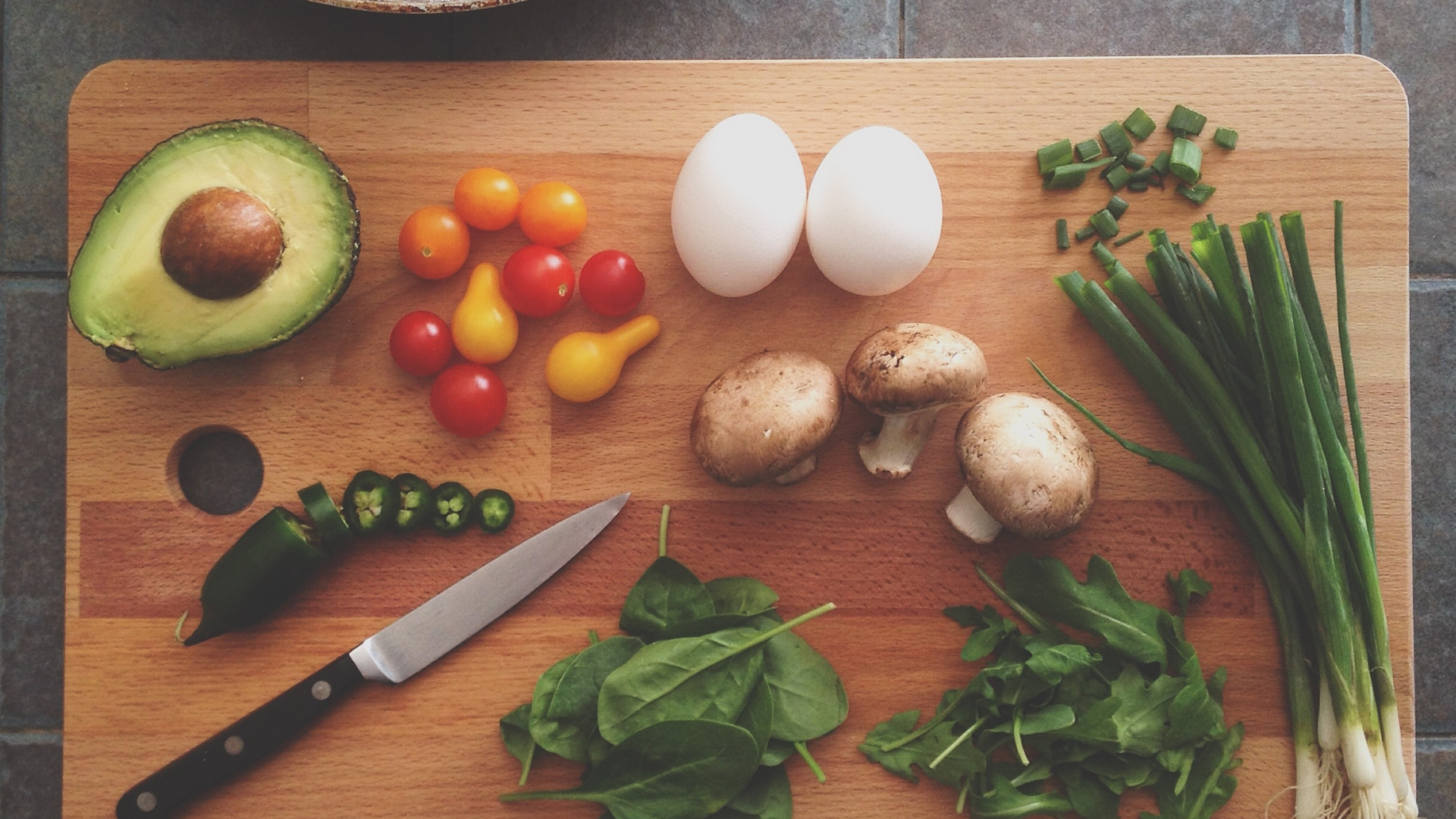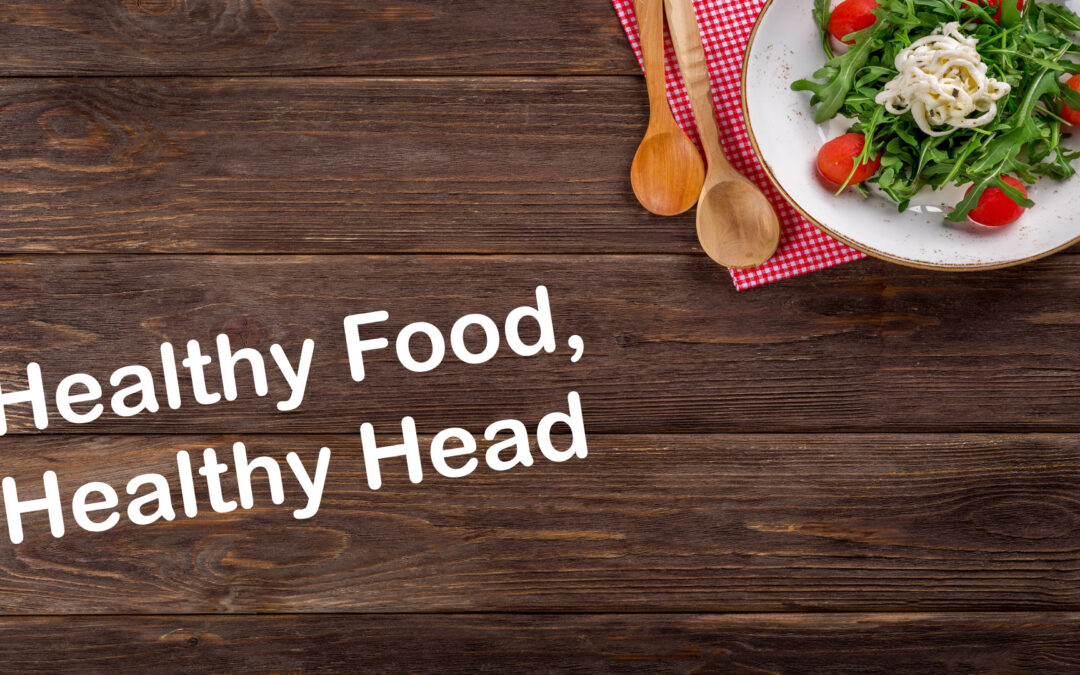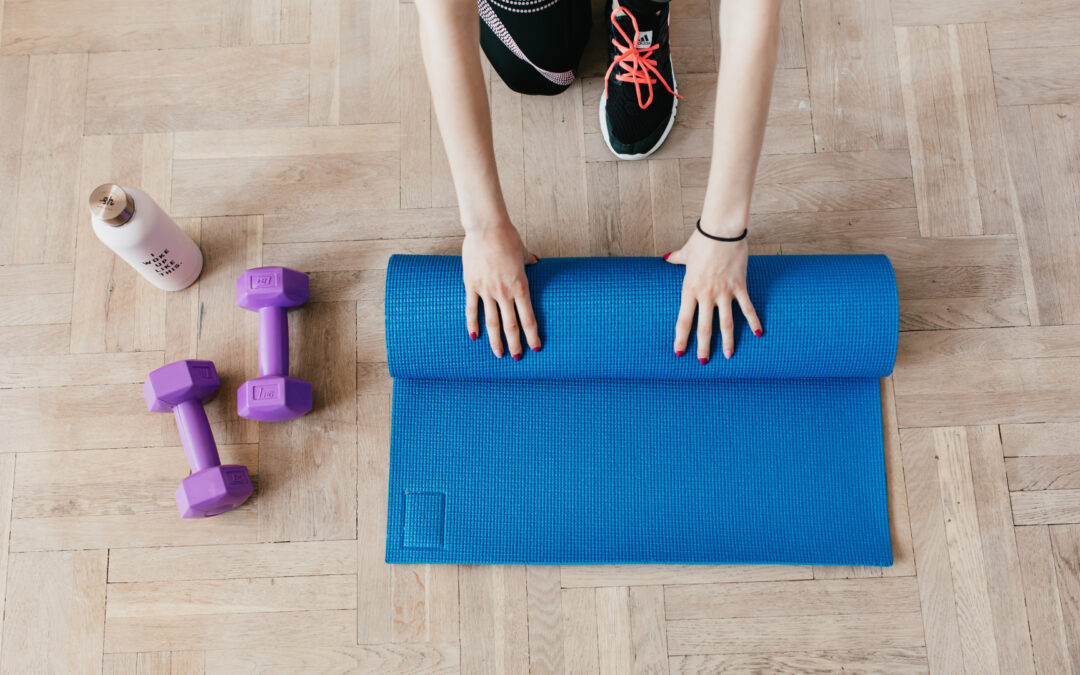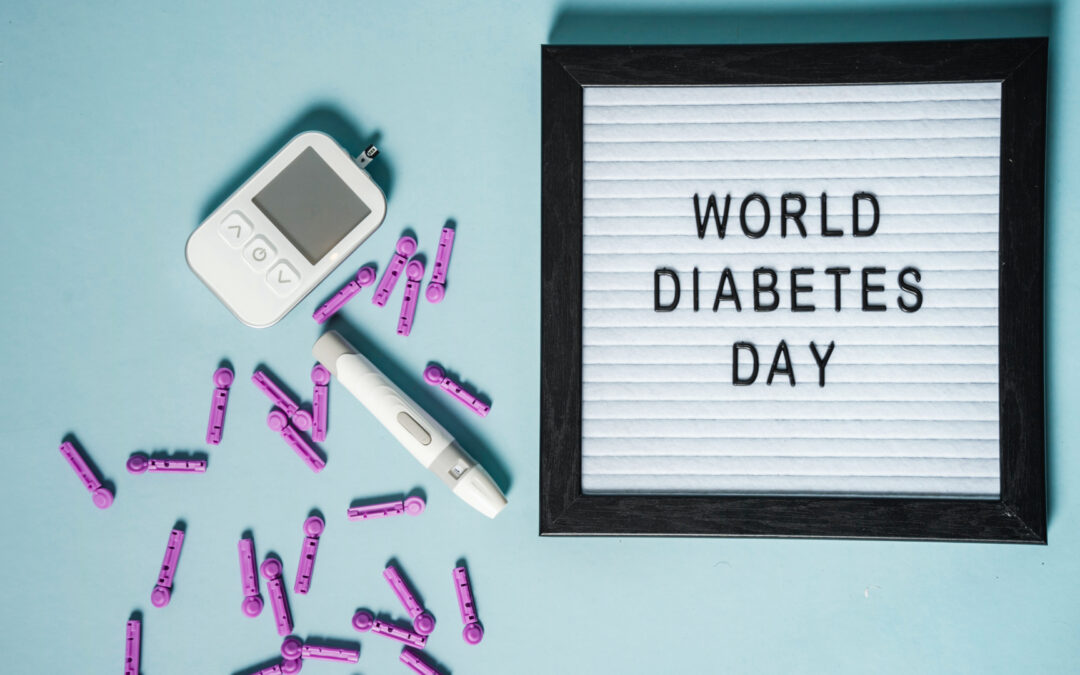Poor vision is often thought to be the inevitable result of ageing or eye strain. However, a healthy lifestyle can significantly reduce the risk of eye health problems.
What to eat to have a good view?
A study published in 2001 showed that certain nutrients—such as zinc (dark chocolate), copper (nuts), vitamins C (kiwi) and E (legumes) and beta-carotene (carrots)—can reduce by up to 25% risk of age-related decline in eye health.
This same study was updated in 2013 to include other eye-healthy nutrients, including omega-3 fatty acids (fish), zeaxanthin (spinach) and lutein (cabbage); in fact, the study update found that certain combinations may work better than others. Therefore, it is known that these types of nutrients are vital for eye health and to strengthen vision.
In this post, we bring you 5 foods rich in nutrients that are good for your eyes.
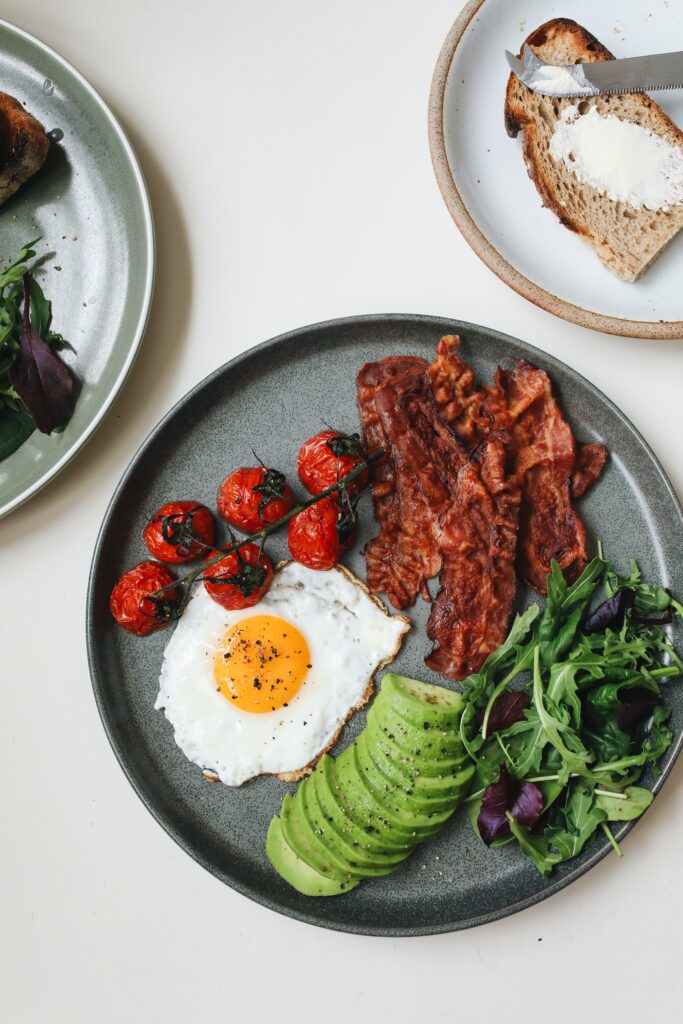
Fish
Many fish are rich sources of omega-3 fatty acids, especially, as is known, oily fish. These contain oil in your gut and body tissue, so eating them provides higher levels of omega-3s. Omega-3s also appear to protect the eyes from macular degeneration and glaucoma. It has also been shown to reverse dry eye, including dry eye caused by spending too much time in front of a computer.
Fish that contain the most beneficial levels of omega-3s include:
- Tuna.
- Salmon.
- Trout.
- Mackerel.
- sardines
- Anchovies.
- Herring.
Citric fruits
Citrus fruits are rich in vitamin C. Like vitamin E, vitamin C is a recommended antioxidant to fight age-related eye damage and helps keep the blood vessels in our eyes healthy so we can avoid disease eye problems such as cataracts or poor night vision.
Citrus fruits rich in vitamin C include:
- Lemons.
- Oranges.
- grapefruits
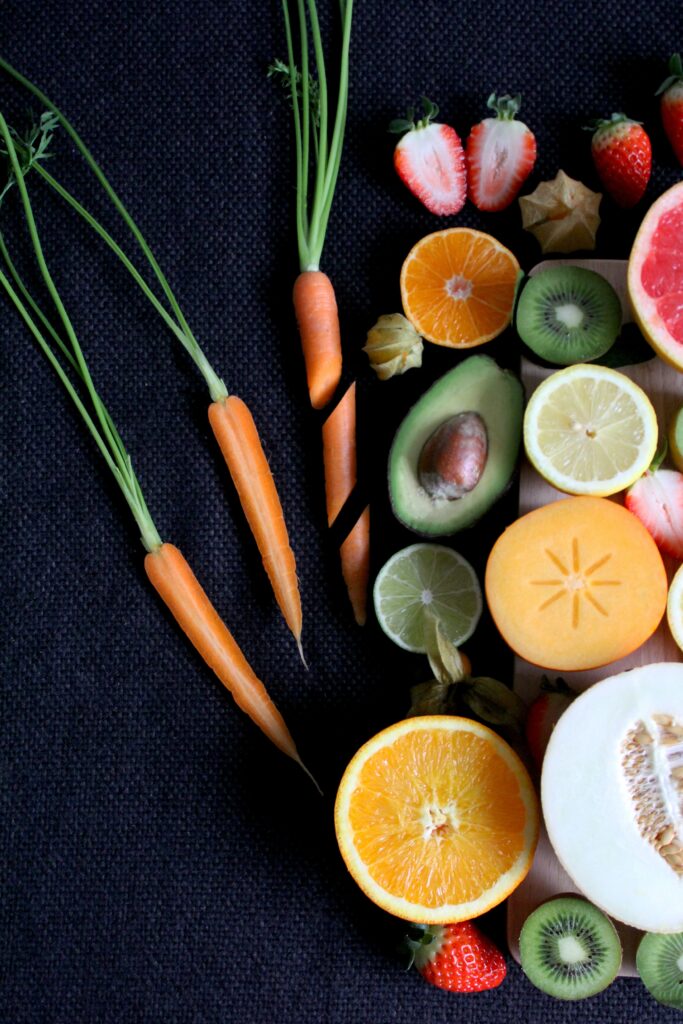
Green leafy vegetables
Green leafy vegetables are rich in lutein and zeaxanthin and are also a good source of vitamin C, which is beneficial for the eyes. Kale, spinach and cabbage, for example, are rich in vitamins C and E. They also have the carotenoids lutein and zeaxanthin. These forms of vitamin A reduce the risk of long-term eye diseases, such as macular degeneration and cataracts.
Eye-friendly green leafy vegetables include:
- Spinach.
- Kale.
- Cabbages.
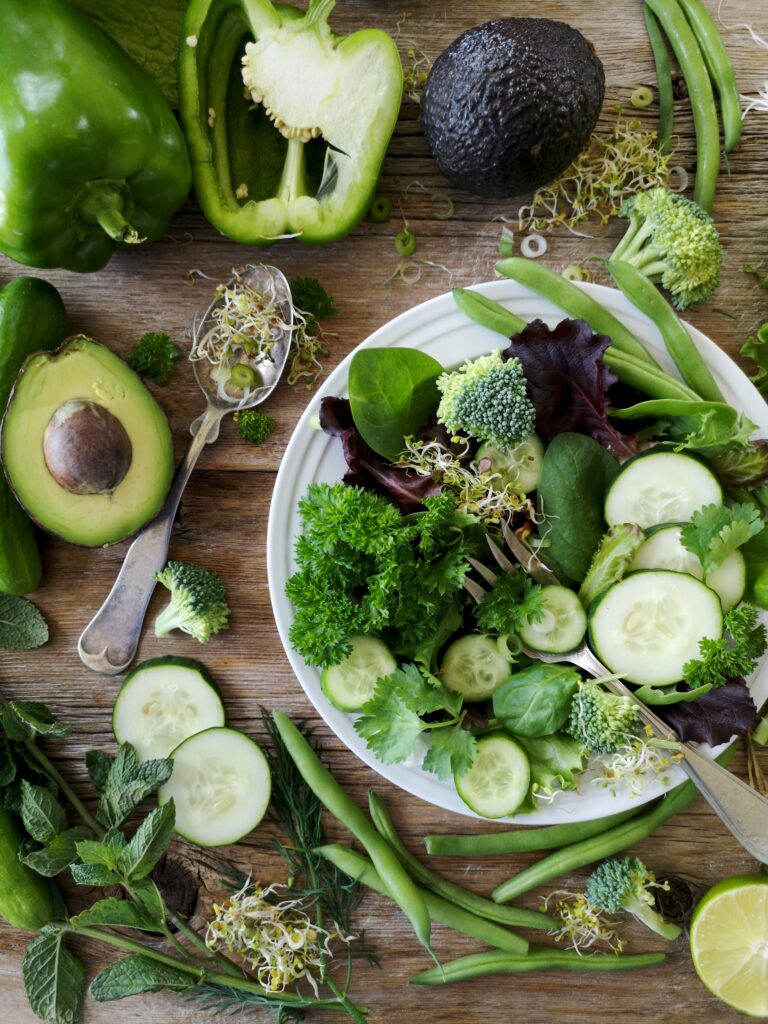
Carrots
Carrots are rich in both vitamin A and beta-carotene (it’s what gives them their orange colour). Orange fruits and vegetables are high in beta-carotene, a form of vitamin A that helps with night vision, that is, the ability of the eyes to adapt to the dark. Vitamin A plays a fundamental role in vision. It is a component of a protein called rhodopsin, which helps the retina absorb light.
Eggs
Eggs are an excellent source of lutein and zeaxanthin, which can reduce the risk of age-related vision loss. Eggs are also a good source of vitamins C and E and zinc. It’s a great package: the zinc in an egg will help the body use lutein and zeaxanthin in its yolk. The orange-yellow colour of these compounds blocks blue light that is harmful to the retina and they also help increase the amount of protective pigment in the macula, the part of the eye that controls central vision.
What is the recommended daily intake of these nutrients?
Although we recognize that it is not easy to calculate these quantities in our meals, it is worth knowing, what are the recommended intakes of each of the healthy nutrients for the eyes that we have presented to you. The current daily recommendations are:
- 500 milligrams (mg) of vitamin C.
- 400 international units of vitamin E.
- 10mg of lutein.
- 2 mg of zeaxanthin.
- 80 mg of zinc oxide.
- 2 mg of copper oxide.
In short, what do I have to eat to have good visual health?
We will not tell you anything new here, because, obviously, the most advisable thing is to eat a varied diet, which includes many fruits, vegetables and lean proteins, since this way we guarantee ourselves to obtain the adequate nutrients for eye health and why not a little bit of dark chocolate!
